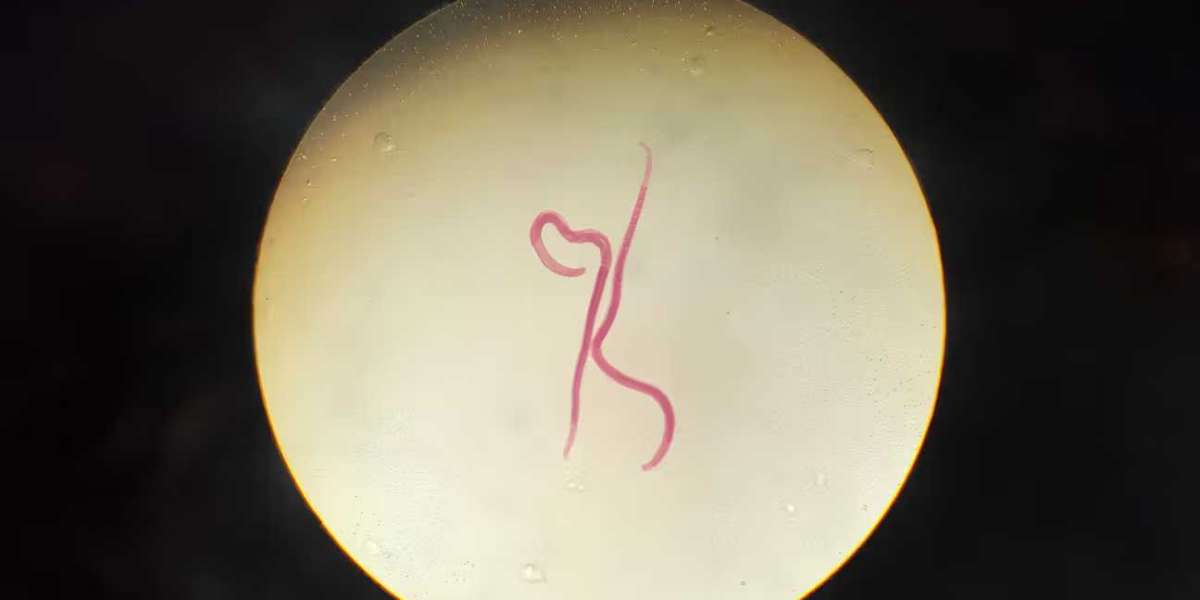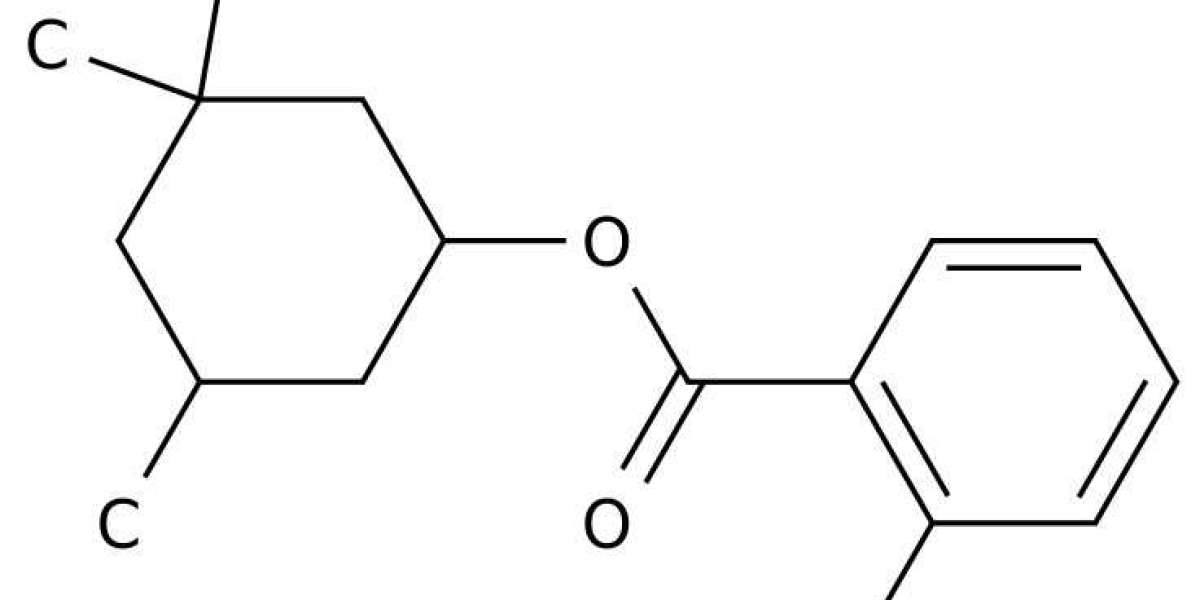Parasitic worm infections, also known as helminth infections, are caused by various species of parasitic worms that invade the human body. These parasites can live in the intestines, bloodstream, or other tissues, causing a range of health problems, from mild discomfort to severe disease. Common types of parasitic worms include roundworms, tapeworms, and flukes.
Common Types of Parasitic Worms
Roundworms (Nematodes)
These include Ascaris lumbricoides, hookworms, and whipworms. They often inhabit the intestines and can cause malnutrition, anemia, and growth problems in children.
Tapeworms (Cestodes)
Tapeworms, such as Taenia saginata and Taenia solium, can grow to significant lengths in the intestines and lead to weight loss, abdominal pain, and malnutrition. Some species can also cause cysticercosis, a serious condition that affects the brain and muscles.
Flukes (Trematodes)
Liver flukes, lung flukes, and blood flukes like Schistosoma species can cause damage to the organs they inhabit, leading to chronic health issues such as liver cirrhosis, bladder cancer, and respiratory problems.
Symptoms of Parasitic Worm Infections
Symptoms vary depending on the type of worm, the severity of the infection, and the organ affected. Common symptoms include
- Abdominal pain
- Diarrhea or constipation
- Nausea and vomiting
- Weight loss
- Fatigue
- Itching around the anus (especially in pinworm infections)
- Anemia and nutritional deficiencies
Diagnosis of Parasitic Worm Infections
Accurate diagnosis is crucial for effective treatment. Diagnostic methods include
Stool Examination
A common method where stool samples are examined for eggs, larvae, or adult worms.
Blood Tests
Used to detect specific antibodies or antigens related to parasitic infections.
Imaging Tests
Ultrasounds, CT scans, or MRIs can help identify parasites in organs like the liver, lungs, or brain.
Biopsy
In some cases, a small tissue sample is taken to identify parasites in affected tissues.
Treatment Options for Parasitic Worm Infections
The treatment of parasitic worm infections involves the use of antiparasitic medications, lifestyle changes, and sometimes, surgery. The choice of treatment depends on the type of worm and the severity of the infection.
Antiparasitic Medications
Antiparasitic drugs are the cornerstone of treatment for parasitic worm infections. These medications work by killing the parasites or inhibiting their growth. Common antiparasitic drugs include
Albendazole and Mebendazole
These are broad-spectrum antiparasitic drugs effective against a range of nematodes and cestodes. They work by inhibiting the parasites' ability to absorb glucose, eventually leading to their death.
Praziquantel
Effective against flukes and tapeworms, praziquantel increases the permeability of the parasites' membranes, causing paralysis and death of the worms.
Ivermectin
This drug is used primarily for treating nematode infections such as strongyloidiasis and onchocerciasis. Ivermectin works by interfering with the nerve and muscle functions of the parasites.
Nizonide 500mg (Nitazoxanide)
Nizonide 500mg is an effective treatment for certain parasitic worm infections. Nitazoxanide, the active ingredient in Nizonide, works by inhibiting the energy metabolism of the parasites, which eventually leads to their death. The nizonide 500mgis often prescribed for treating infections like giardiasis and cryptosporidiosis, and has shown efficacy against some helminth infections as well.
2. Surgical Intervention
In some cases, surgery may be necessary to remove parasitic cysts or masses that cause obstructions or other complications. For example
Cysticercosis
Surgical removal of cysts in the brain or eyes caused by Taenia solium larvae might be required.
Hydatid Disease
Caused by Echinococcus granulosus, hydatid cysts in the liver or lungs may need to be surgically removed to prevent rupture and severe allergic reactions.
3. Supportive Treatments
Supportive care is essential to address the symptoms and complications associated with parasitic worm infections. This can include
Nutritional Support
Addressing malnutrition and anemia is crucial, especially in children, to promote recovery and growth.
Iron Supplements
For treating anemia caused by hookworm infections.
Pain Relief
Medications to relieve abdominal pain and discomfort.
Anti-inflammatory Drugs
To manage inflammation caused by the parasites, especially in conditions like schistosomiasis.
4. Preventive Measures
Preventing parasitic worm infections is equally important as treating them. Key preventive measures include
Improved Sanitation
Ensuring access to clean water, proper sewage disposal, and good personal hygiene can significantly reduce the risk of infection.
Proper Food Handling
Cooking meat thoroughly and washing fruits and vegetables can prevent the ingestion of parasitic eggs or larvae.
Regular Deworming
In endemic areas, regular deworming programs for children can help reduce the prevalence of infections.
Avoiding Barefoot Walking
In areas where hookworms are common, avoiding walking barefoot can reduce the risk of infection.
Public Health Education
Raising awareness about the transmission and prevention of parasitic worm infections can help communities protect themselves.
Conclusion
Parasitic worm infections remain a significant public health challenge, particularly in developing regions with poor sanitation. The availability of effective antiparasitic medications, including Nizonide 500mg (Nitazoxanide), has greatly improved the management of these infections. However, prevention through improved hygiene, sanitation, and public health initiatives is critical to reducing the burden of these diseases. Early diagnosis and treatment, coupled with supportive care, can lead to full recovery and prevent long-term complications.



